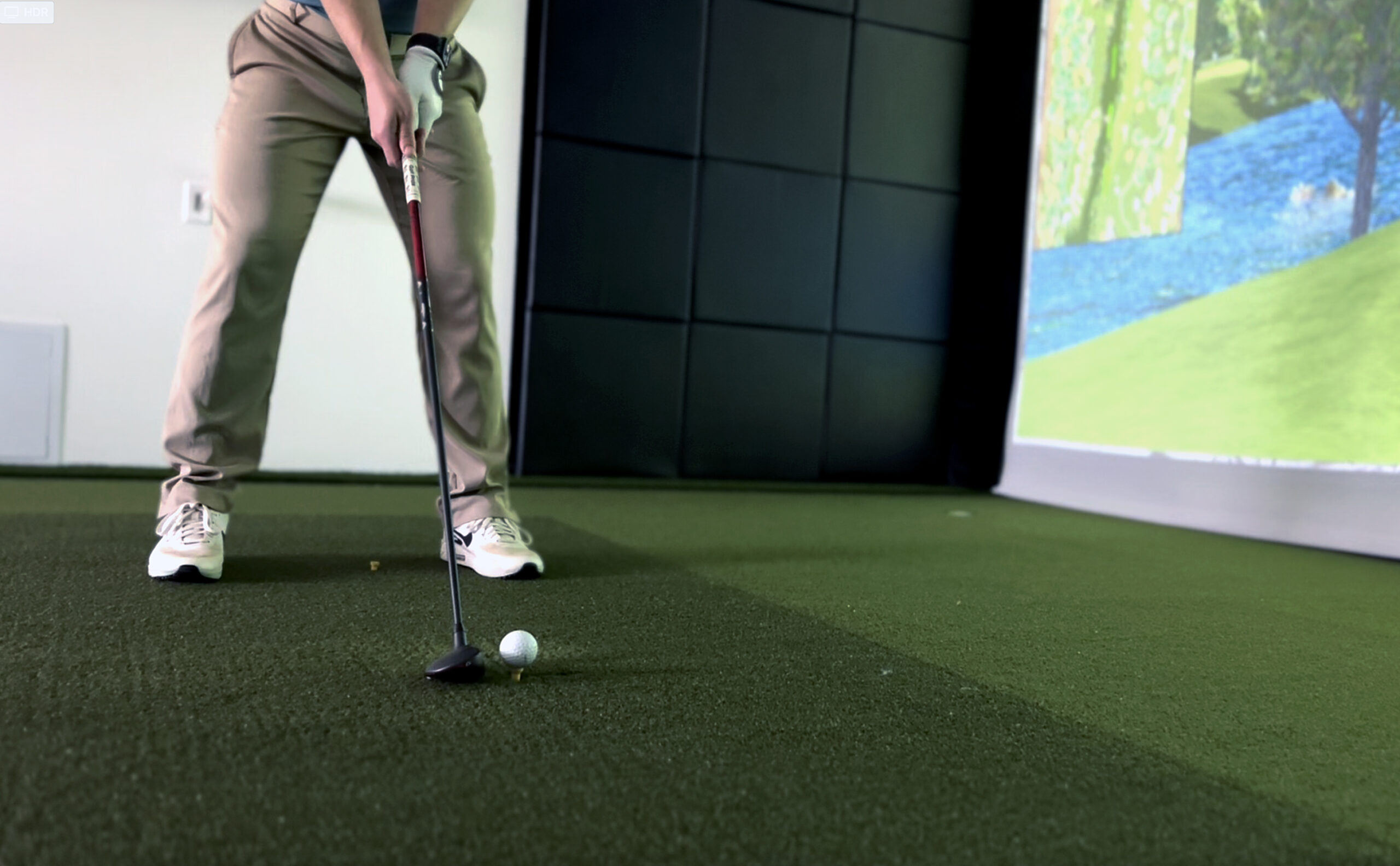


Apex Mills’ former Director of Research and Development, Stephanie Rodgers, was highlighted in an article by the Speciality Fabric Review as one of three noteworthy innovators in the textile industry! Apex Mills continues a close association with Stephanie for her counsel and continuing textile developments.
Innovation and creativity in the world of textiles are always worthy of attention. But because the textile industry—like so many others—has been dominated by men, the contributions of women have often gone unnoticed. Women have always participated in and led the textile world in meaningful ways; however, often the spotlight has not landed on them. Here, we’re highlighting three women who have established themselves as innovative leaders.
In 1984, as a full-ride freshman majoring in chemistry at Fairleigh Dickinson University in New Jersey, Stephanie Rodgers planned to pursue a career in dentistry. But a visit to a friend at Philadelphia College of Textiles and Science set her on a different path. “After watching the shuttle cross the loom and the pattern wheels and punch card create intricate designs in flexible, durable fabrics, I was hooked,” Rodgers says. “I transferred immediately and the rest is history.”
More than 30 years later, Rodgers is the director of advanced product development at Apex Mills in Inwood, N.Y., which manufactures a variety of warp knitted textiles in tricot, raschel and spacer technologies, including multi-bar and pattern technologies. “Warp knitting is the high-speed workhorse of many textile products across diverse market sectors, which makes it always interesting,” she says. “Using yarn to create new concepts and product outcomes is my ultimate goal.”

Stephanie Rodgers
Director of research and development
Apex Mills
Inwood, N.Y.
A: Since 2015, I have been proclaiming that yarn is the next invention. I am not disappointed. So many inherent performance mechanisms have been introduced from both legacy producers and entrepreneurs alike. Solutions in moisture management, thermal regulation, wellness attributes, electrification and—yes—now advanced microbial and bacterial mitigation. In addition to yarn, equipment and finishing chemistries are advancing at the same pace to meet the high demands of these functional ideas in product creation.
A: There are four things I keep in mind:
After majoring in chemistry and specializing in biochemistry at the University of Virginia in Charlottesville, Megan Eddings thought she’d work in a cancer research lab for the rest of her life. However, one day she walked out of the lab and asked herself what she was doing. “I can’t do this the rest of my life,” she said. “I’m way too outgoing. I love fashion. I love human beings. I need more than a white lab coat and a pair of goggles.”
For a time Eddings worked in medical equipment sales before a passion for exercise, coupled with a problem of stinky workout clothes, inspired her to put her chemistry hat back on and develop her own fabric. “That was November 2016 and I haven’t looked back since,” she says.
Eddings developed Prema® fabric, and in August 2019 launched Accel Lifestyle LLC to sell high-performance, comfortable clothing made with the fabric—starting with athleisure wear. Prema naturally blocks out the bacteria from sweat and is patent pending in 120 countries. Now the company has expanded its products to include face masks (made with or without Prema) as well as isolation gowns that are not made using Prema but are innovative in their design.
Megan Eddings
Founder and CEO
Accel Lifestyle LLC
Houston, Texas
A: Early on when I was researching creating a fabric that doesn’t stink, I came across a bazillion articles on sweatshops where our clothes are made—and I was struck by how most of the clothes we’re all wearing were made in a sweatshop and we never talk about it. I committed to a fully domestic supply chain, but even that can pose ethical challenges. I had heard that there are sweatshops here in America and because I want to make sure everyone who touches anything to do with Accel Lifestyle—as much as is in my ability—are treated and paid fairly, I insist on touring a factory before I go into business with a company. Long story short, one cut-and-sew operation in L.A. we were on the cusp of using refused to let us tour the factory that would be making our products. Once we figured out they had something to hide, we rented a U-Haul, showed up unannounced at the factory, and picked up our fabrics, patterns and trim—and told them we weren’t using them. That was one of the hardest things I’ve ever had to do.
A: Reusable textiles. I came from a medical background working in hospitals and when I think about the amount of disposable everything that is used, my mind is blown—but specifically isolation gowns. There’s a hospital system in Texas that I know well, and every single day they use 10,000 disposable isolation gowns. What we’ve developed is a new style of isolation gown using fabric from Contempora Fabrics [in Lumberton, N.C.]. Our isolation gown has breakaway snaps in the back as opposed to the standard ties, which is better suited for the infection control departments of the hospital. Anything reusable has me really excited because, quite frankly, it’s the best option for the environment, while it provides a substantial cost savings for health care systems.
Jasmine Cox began her studies at North Carolina State University in Raleigh, originally as a chemical engineering major. But with some guidance from her father, she soon switched her major to textile technology at North Carolina State’s Wilson College of Textiles. In 2015, shortly after her graduation, Cox was driving south on I-85 when she happened upon the Textile Technology Center (TTC) at Gaston College in Belmont, N.C., where she met with TTC’s director, Sam Buff.
Soon after, Cox officially entered the textile profession as a physical testing laboratory technician at TTC. “Since my initial position at the center, I have now become a process coordinator, managing our large-scale product development projects and our three testing labs,” Cox says. “The Textile Technology Center at Gaston College is a unique resource to the textile industry, offering product development, testing and training.” Cox recently joined the board of the Advanced Textile Products division of Industrial Fabrics Association International (IFAI).
Jasmine Cox
Process Coordinator for Testing
Gaston College Textile Technology Center
Belmont, N.C.
A: People are naturally drawn to things they can relate to. Promoting more women into leadership roles within the technical textile industry will immediately help bring in more women talent. The IFAI Women in Textiles Summit was the first time that I experienced a massive group of powerful women impacting various aspects of the industry. Making more women technical textile experts visible in the industry will help change the narrative.
Our women leaders are oftentimes not acknowledged or given the opportunity to recruit talent. The technical textile industry should continue hosting industry events and programs specifically for women and highlight women through trade magazines and marketing efforts. The technical textile industry must start at the collegiate level (or earlier) to help rebuild the image of our industry to help recruit women of tomorrow.
A: The biggest challenge that I have faced is overcoming the biases in a male-dominated industry. Leadership positions in the textile manufacturing and engineering space have traditionally been held by men—and as a woman in the textile industry, you walk a fine line of making yourself and abilities known without coming across too boisterous but avoid being too mousy.
Once I began to transition from a support role [as a technician] and into a leadership position, it was a constant personal struggle to find my voice. I first began to apply myself technically, participating in every class and training opportunity to learn more about my field. I then began to get involved in organizations such as IFAI and the Southern Textile Association to find my voice within the industry. At times I had to give myself a pep talk. Remembering my passion, purpose and faith helped me ignore the biases within the industry and persevere. Now when I attend industry events, collaborate with top companies or attend weekly staff meetings, I speak with confidence and avoid second-guessing myself and my ability. Once I began to believe in myself, the opportunities in my career followed. Having a supportive family, friends and industry mentors also helped me overcome this challenge.
Sigrid Tornquist is a writer and editor in Minneapolis, Minn.




Reach your most challenging
textile goals with confidence.